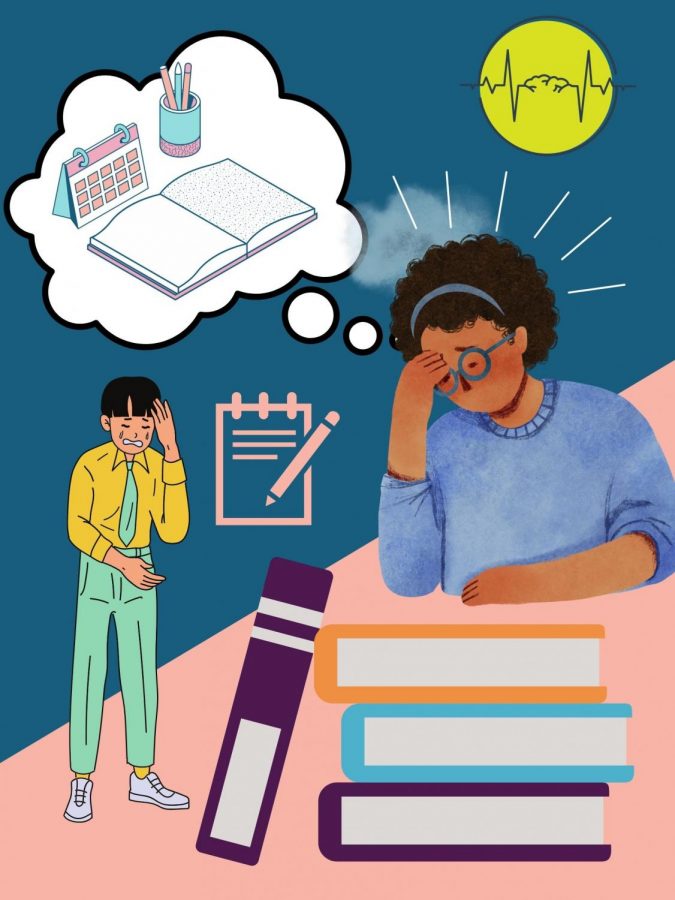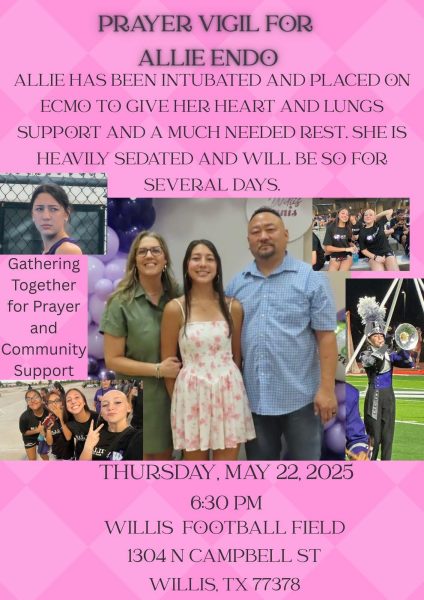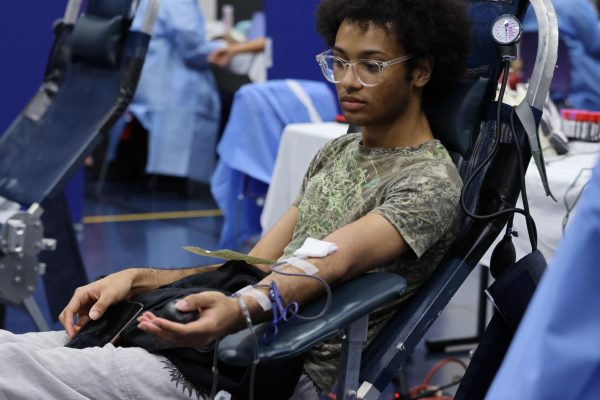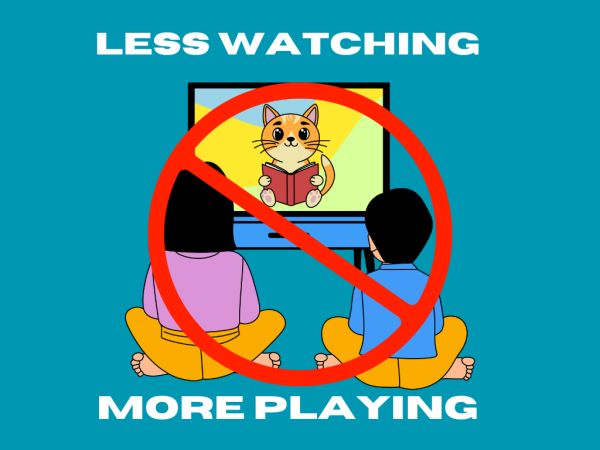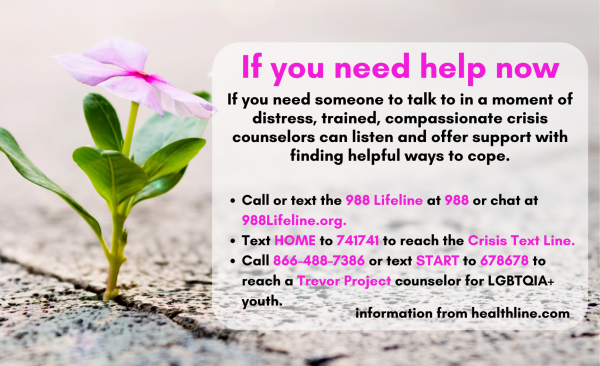Unnecessary advanced courses cause mental strain on students
photo or infographic by Heather Jackson
WORK OVERLOAD. Students take several high rigor classes leading to possible unnecessary mental strain.
AP Chemistry. DC English IV. Fast track math. The options for college-level classes are numerous. It is something that the school does better than most schools in the area, but with college-level classes comes college-level stress. Students should look carefully at their future plans before taking on too many upper-level courses.
Advanced placement and dual credit courses come with advanced academic content, a faster-paced curriculum and hours more of studying and homework compared to level classes. This type of course can help students prepare for college, but they are not necessary for every student in all subjects. Some students already know what they want their career path to look like, and different careers have various courses that apply to them. Students may wish to take upper-level classes if they know they want to pursue the subject later in life, but this does not mean they need to weigh themselves down with high rigor courses of all subjects. By honing in on what a student wants, they can focus more on what they really want to do without all of the stress of other classes.
Other students already know they will not be attending college or a top-tier school. Some plan on attending trade schools and various colleges where one does not have to take upper-level classes in order to be successful. Some advanced courses can aid in preparation for the field or college they are entering, but too many can cause mental and emotional stress that could lead to early burnout and preventable mental health issues. This also applies to students going straight into the workforce. Advanced classes can help with preparation for the desired field, but an overload is not necessary for success and may even cause the opposite.
Upper-level classes can provide students with a GPA boost and a better idea of what college classes will be like, but this does not hold as much weight if students are not planning on attending top-tier schools. It can cause students to worry due to their work overload and affect their performance in other classes and mental health.
Students who know what they will be doing after high school should look closer at their course selection because taking too many higher-level classes may not be the smartest decision for the future.
Your donation will support the student journalists of Willis High School. Your contribution will allow us to purchase equipment and cover our annual website hosting costs.

Heather is a senior on the school’s varsity tennis team. Last Spring, she became a State Champion in Journalism UIL for News Writing in 6A. She made...


